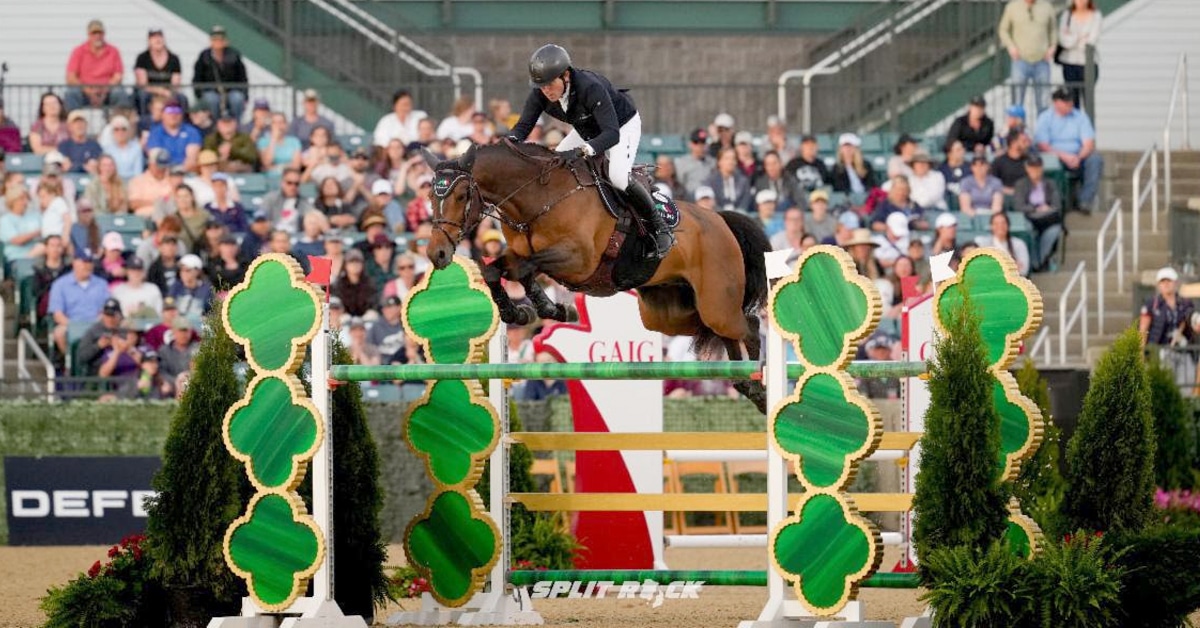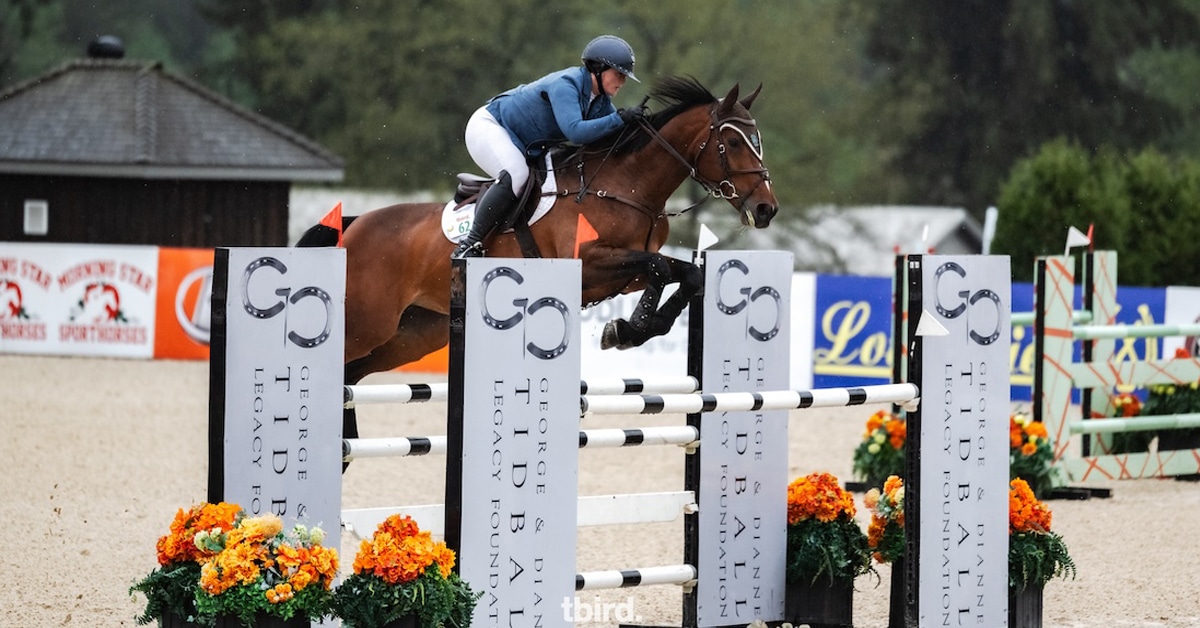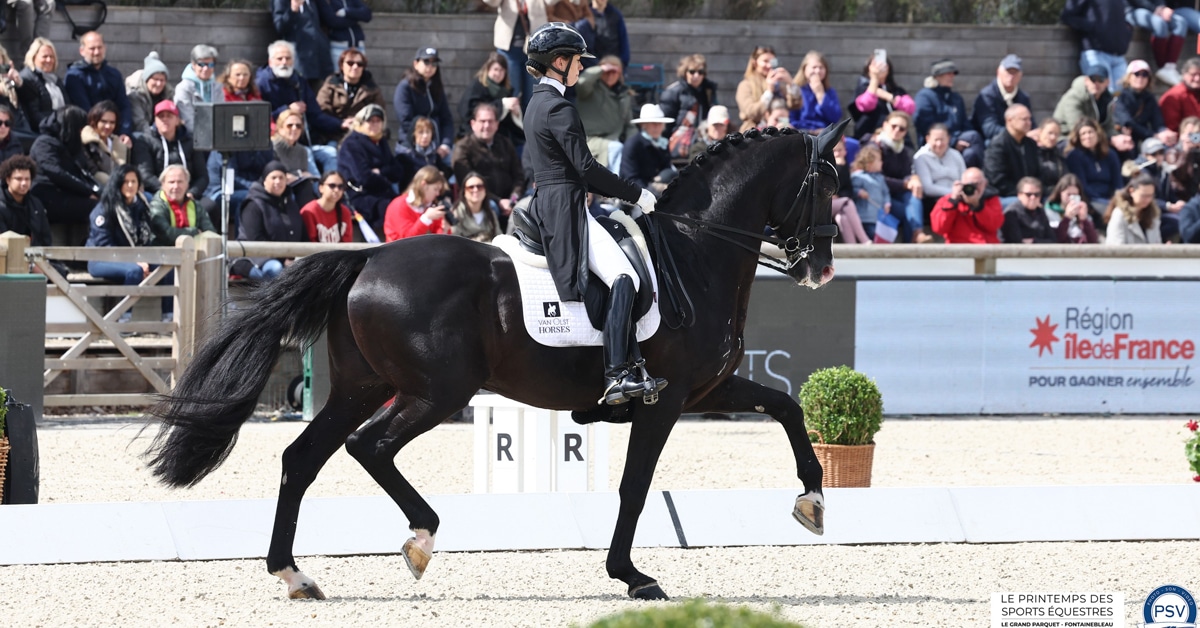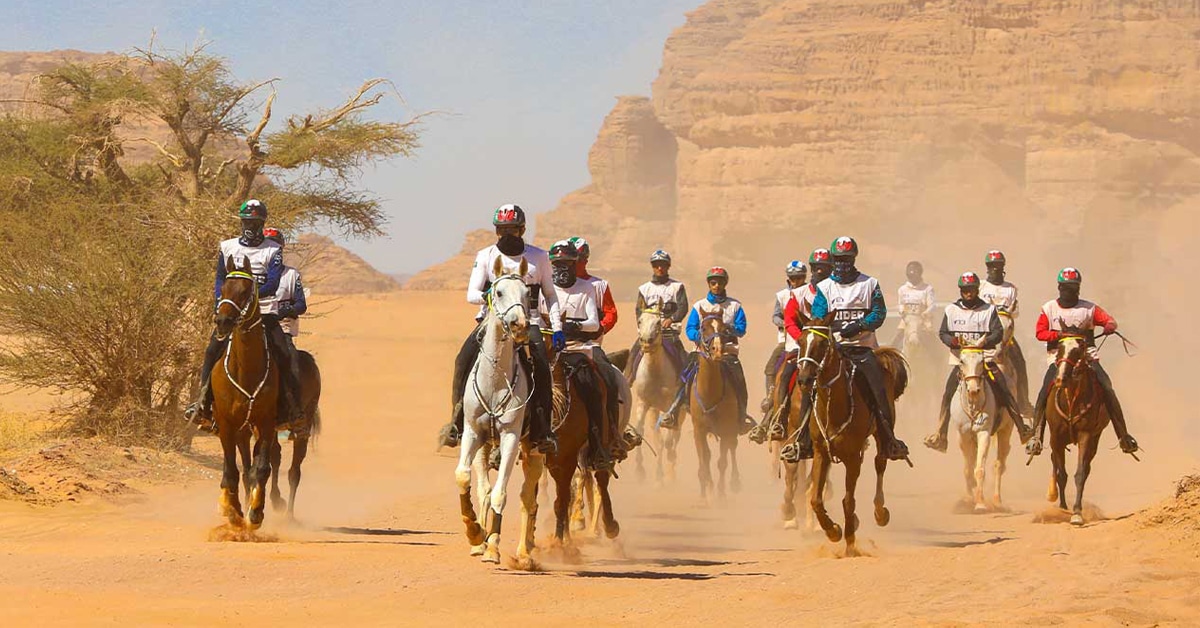Countries who fail to address their equine doping problem may face sanctions from the FEI in the future.
The FEI will discuss that option next year, following concerns about a spike in doping cases in Saudi Arabia, notably from the world’s richest FEI endurance ride in Al Ula. The 2023 ride, known as the “Custodian of the Two Holy Mosques Endurance Cup,” saw 15 of 32 horses sampled test positive. This is the greatest number of positives ever returned from a single FEI event in any discipline ‒ a rate of 47%.
Saudi Arabia is due to stage the show jumping and dressage World Cup finals next year, the first time an FEI title event in the Olympic disciplines is staged in the Middle East. Bearing in mind growing concern about equestrianism’s social licence to operate, Horsesport.com asked the FEI if it was wise or fair to other federations that a country with a poor doping record be “rewarded” with a prestigious championship.
A FEI spokesman replied, “The EADCM [Equine Anti Doping and Medication Control Regulations] do not currently contain a provision to remove Championships/Finals on this basis. However, the EADCM Regulations will be undergoing a full review in 2024 and one of the items that will be discussed is the possibility to sanction a national federation that has a prevalence of doping cases.
“The FEI has raised its concerns regarding the high level of positives with the KSA [Kingdom of Saudi Arabia] national federation. They are taking the matter seriously and planning a series of educational workshops for their athletes.”
The FEI says sampling at Al Ula was both random and “based on some site observations.”
Fourteen of the 15 horses were Saudi-owned, some loaned to foreign riders for the occasion. Eight involved first-offences with a single controlled medication and their riders have been fined under the “fast-track” process. The other seven have been referred to the FEI Tribunal and comprise multiple controlled substances, one horse testing positive to five anti-inflammatories and analgesics: phenylbutazone, Oxyphenbutazone, Flunixin, Dexamethasone, Triamcinolone Acetonide.
Most FEI competition in Saudi Arabia is centred around Riyadh, where sampling takes place regularly and provides no undue cause for concern. But the Al Ula race has been problematic from its first running in 2019, when seven horses of 30 sampled tested positive. Visiting observers expressed concern at the notable number of inexperienced riders for a 120-km race.
In 2020, the FEI disciplined three senior officials for “failing in their duty” after a number of field-of-play violations spotted on the Al Ula livestream but not acted upon. As well as the doping concerns, only 64 of 200 starters completed this year’s race.
FEI disciplinary process has moved more towards a plea bargain system, the Consent Award. But in 2020, when the majority of serious cases were still being argued at Tribunal hearings, the FEI noted the prohibited cocktail in one horse at Al Ula indicated “several medical conditions” rendering it “absolutely unfit to compete.” The FEI highlighted the potential for catastrophic injury when serious unsoundness was masked by drugs.
In 2019, Saudi Arabia made an unsuccessful bid to host a multi-discipline World Equestrian Games in 2022 and was instead allocated World Cup Finals for 2024.
More from News:





